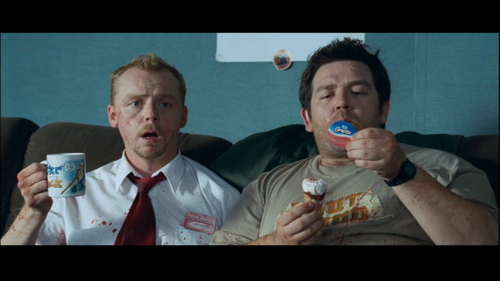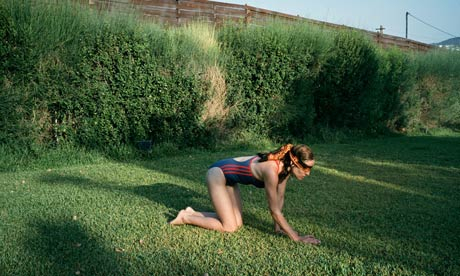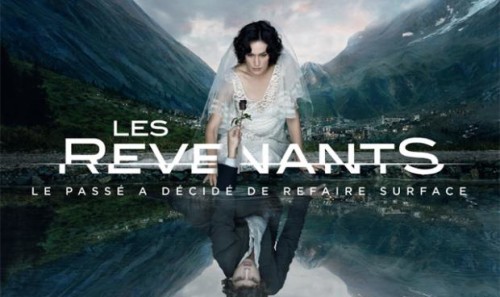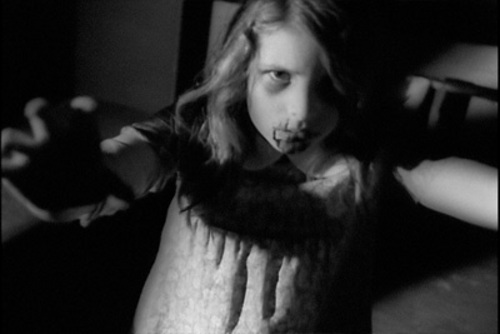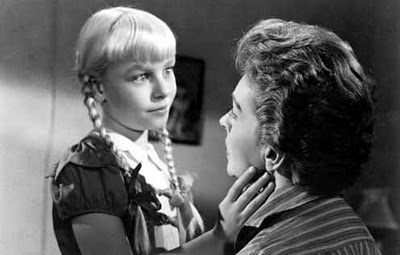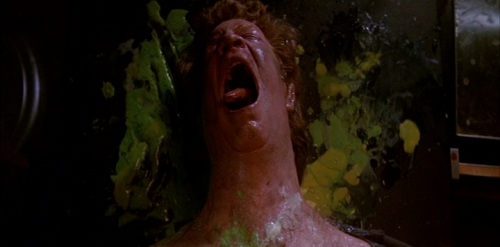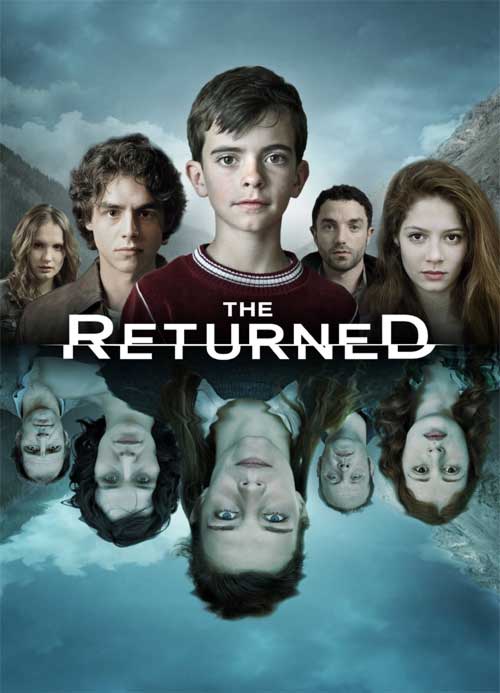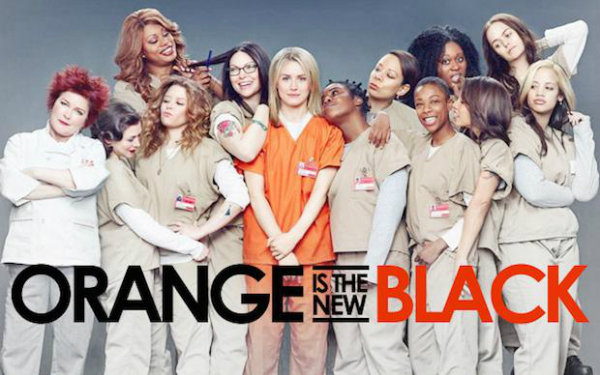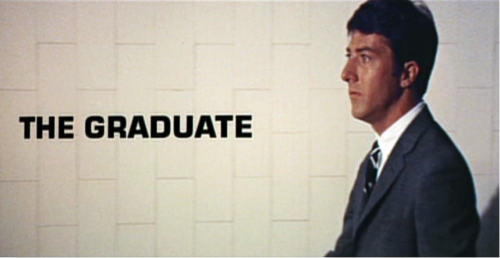The Blind (Drunk) Leading the Blind (Drunk): Masculinities and Friendship in Edgar Wright’s Three Flavours Cornetto Trilogy
Two distinct masculinities pull the Trilogy’s heroes in different directions. Given Wright’s frequent use of pop culture references, I’ve opted to borrow Dungeons and Dragons’ terminology and describe these extremes as lawful and chaotic. Lawful masculinity is characterized by competency and order; it is the hallmark of the responsible (but rigid) adult. Chaotic masculinity is characterized by hedonism and anti-authoritarianism, usually embodied in the series by characters in a state of adolescence (whether age-appropriate or not).
